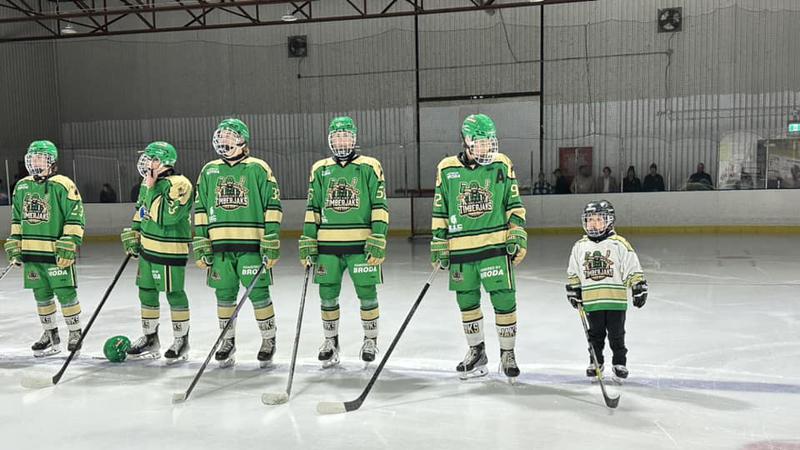
Premier Moe says it’s ‘unfortunate’ for Saskatchewan to break federal emissions law
Saskatchewan Premier Scott Moe once said a fundamental pillar of Canadian democracy is the rule of law. His province is now prepared to break it.
In a recent year-end interview with The Canadian Press, the premier said it’s unfortunate the province won’t follow federal law by not remitting the carbon levy to Ottawa starting Jan. 1, but it’s a decision he believes is fair.
“It’s unfortunate that there will be a violation of federal law, led by our provincial minister here in Saskatchewan,” Moe said.
“But that violation is coming about by the province making the very same decision on behalf of its residents, as the federal government did on behalf of residents in Atlantic Canada.”


